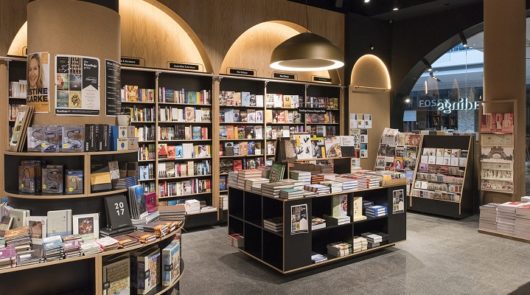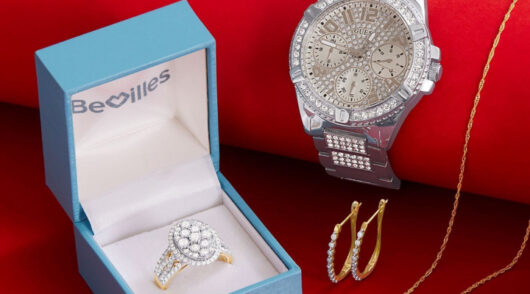
Pressure to feature a constant stream of fresh new looks on Instagram and a growing awareness of the environmental impact of fast fashion have turned clothing rental into a billion-dollar business globally – one that Australian startup Designerex is looking to capitalise on.
Since launching in the US at the end of April, the fashion rental business has grown its overseas offering to more than 1600 dresses worth almost $1 million. The e-commerce business is now looking to roll out more features and tools, such as ID verification, to improve the customer experience and reach more consumers, not just the early adopters.
The expansion comes after three years of rapid growth in the Australian market, where the platform now offers more than 11,000 items worth more than $10 million. According to co-founders Kristen Kore and Costa Koulis, Designerex has generated over $1.5 million in gross transaction volume since it launched in Sydney in 2016.
Kore was inspired to build the clothing rental business after renting a dress herself from someone on Facebook. While the experience was positive, she realised she could provide a better one by bringing together all the people renting out their wardrobes across diverse platforms, which would make it easier for people like her to find items in their size and budget.
But unlike the dominant players in the rental market at the time, such as Rent The Runway, which started in the US in 2009, and GlamCorner, which launched in Australia in 2011, Designerex was always positioned as a peer-to-peer sharing platform.
“We immediately saw the opportunity with the peer-to-peer model,” Kore told Inside Retail Weekly.
“If you look at any other major industry, the peer-to-peer model has resulted in more diverse offerings. You can rent a treehouse on Airbnb if you want.”
This approach made it possible for Designerex to offer a huge number of items, including luxury brands, without having to purchase the inventory itself. It also didn’t have to bother setting up the logistics of cleaning and shipping items for purchase, since this is all handled by the people who list items for rent.
Instead, it has focused from the beginning on making its custom-built technology platform as robust and secure as possible.
“We get a lot of inspiration from other successful marketplaces,” Kore said.
“Before we launched, we made sure we had real-time ID verification, which is something Airbnb uses. So, you upload your passport or driver’s licence and receive a badge on your profile, which lets other users who want to rent from you know that you’re verified.”
Designerex also has a two-way review system and a refund guarantee – all of which is meant to reduce any concern new-to-rental consumers may feel about shelling out $50 to $500 for a dress that they don’t even own.
But that anxiety may be short-lived, as consumers begin to view clothing rental as a responsible way to stay on top of fashion trends. And Kore and Koulis are betting that a portion of those consumers will see peer-to-peer rental as a way to not just save the planet, but also money.
“The world of retail and sharing is getting more intertwined. Women now are thinking if they can rent [an item] when making a buying decision. It’s no longer how much [the item] will cost, but how much they can rent it out for,” Kore said.
Case in point: one $400 dress from the Los Angeles brand For Love & Lemons has been rented more than 30 times on Designerex, earning the owner $2500 so far.
“That dress could have just sat in her closet,” Kore said.





